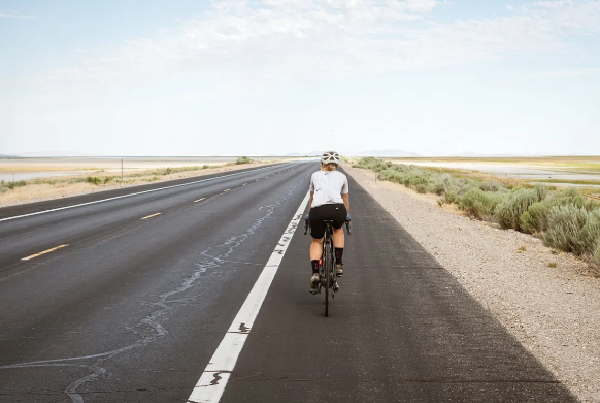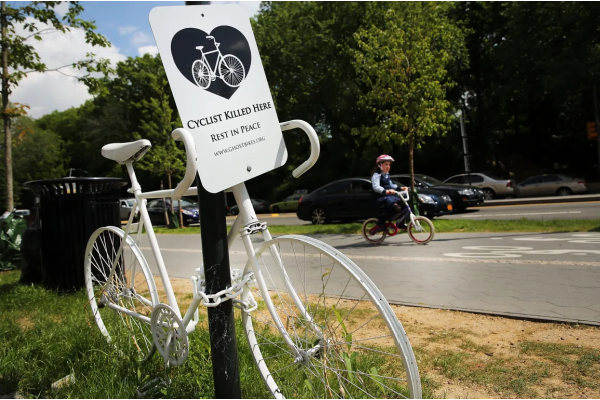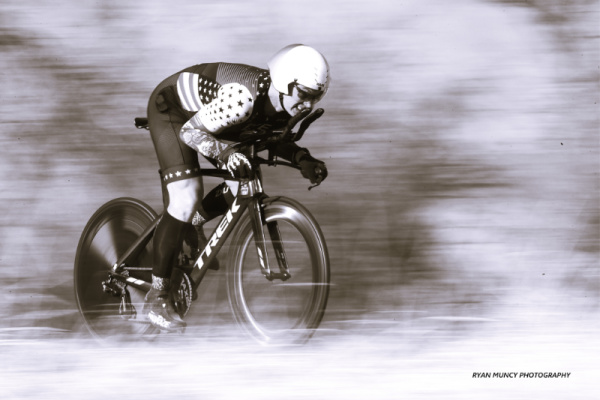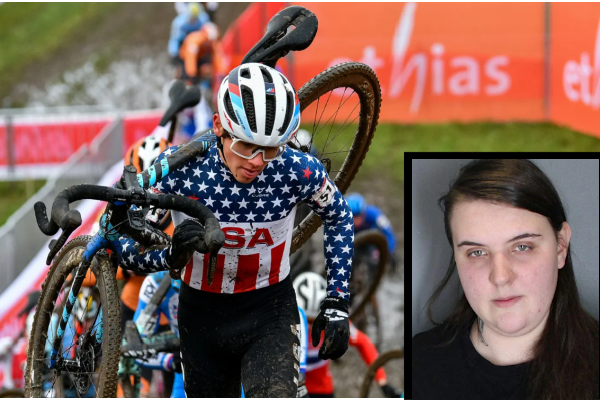
The First Colorado Cycling Summit
Cycling Season is here, and so is a long list of epic rides throughout the state and surrounding states. Are you ready? Join Avid Cyclist, and other co-hosts for the
By Vint Schoenfeldt, VeloCoach
As cycling continues to gain popularity as a form of exercise and competition, athletes and coaches are constantly seeking ways to optimize performance. One approach that has gained traction in
 recent years is Zone 2 training, a method that focuses on developing the aerobic capacity of the body for enhanced endurance and performance. Renowned exercise physiologist, and personal coach to 2x Tour de France winner, Tadej Pogačar, Iñigo San Millan, Ph.D., a leading expert in sports performance and physiology, has shed light on the benefits of Zone 2 training in cycling and its potential to unlock the full potential of cyclists.
recent years is Zone 2 training, a method that focuses on developing the aerobic capacity of the body for enhanced endurance and performance. Renowned exercise physiologist, and personal coach to 2x Tour de France winner, Tadej Pogačar, Iñigo San Millan, Ph.D., a leading expert in sports performance and physiology, has shed light on the benefits of Zone 2 training in cycling and its potential to unlock the full potential of cyclists.
Zone 2 training, also known as “aerobic base training,” involves training at a low to moderate intensity that allows the body to utilize oxygen efficiently and effectively. According to San Millan, “Zone 2 is a crucial training zone for endurance athletes as it improves the capacity of the aerobic system to deliver oxygen to the muscles, enhances fat oxidation, and promotes recovery.” In other words, Zone 2 training helps cyclists develop a strong foundation of cardiovascular fitness, which is essential for long rides and races.
One of the key benefits of Zone 2 training is its ability to improve the body’s ability to utilize oxygen, known as VO2 max. San Millan explains, “VO2 max is the maximum amount of oxygen that the body can use during exercise, and it is a critical determinant of endurance performance.” Zone 2 training stimulates the development of capillaries, tiny blood vessels that deliver oxygen-rich blood to muscles, and increases the number of mitochondria, the “powerhouses” of cells that produce energy. This results in improved oxygen delivery and utilization, allowing cyclists to sustain higher levels of effort for longer periods of time.
Another advantage of Zone 2 training is its ability to enhance fat oxidation, which is the process of using fat as fuel during exercise. San Millan highlights, “Training in Zone 2 promotes the utilization of fat as a primary energy source, which can help cyclists spare glycogen, the body’s limited store of carbohydrates, and delay the onset of fatigue.” This is especially beneficial for long rides and races where glycogen depletion can lead to “bonking” or hitting the wall. By improving the body’s ability to burn fat for fuel, Zone 2 training enables cyclists to tap into a nearly limitless source of energy and maintain a steady pace for extended periods.
Recovery is also a critical component of any training program, and Zone 2 training can play a role in promoting effective recovery. San Millan explains, “Training in Zone 2 is less stressful on the body compared to higher intensity training, allowing for adequate recovery and reducing the risk of overtraining.” This is crucial for cyclists who often face grueling training schedules and need to balance their workload to prevent burnout and injury. Zone 2 training provides a valuable opportunity for the body to recover while still engaging in productive training.
In conclusion, Zone 2 training is a powerful tool for cyclists to improve their endurance and performance. As noted by San Millan, “Zone 2 training is the foundation upon which all other training zones are built, and it sets the stage for higher intensity training.” By developing the aerobic capacity of the body, enhancing fat oxidation, and promoting recovery, Zone 2 training can help cyclists unlock their full potential and achieve peak performance on the bike.
References:

Cycling Season is here, and so is a long list of epic rides throughout the state and surrounding states. Are you ready? Join Avid Cyclist, and other co-hosts for the

By: Brad Tucker I have been practicing law for over thirty-five years, the majority of which has included representing bicyclists who have been hit by drivers who disregarded the safety

April 8, 2025 Propelled by the powerful stories of victim families, SB25-281 includes new mandatory chemical testing clause BOULDER, CO /ENDURANCE SPORTSWIRE/ – The White Line, founded in memory of 17-year-old

Boulder, Colorado- After a week long trial, late Friday evening, a Boulder County jury found Yeva Smilianska guilty of Vehicular Homicide-Reckless Driving in the death of Magnus White. The jury,

The 2025 Karen Hornbostel Memorial Time Trial Series p/b Cobras Cycling Team has entered its second week! Ryan Muncy of Ryan Muncy Photography was there to capture images of a chilly afternoon. Make

By: Gary Robinson, Avid Cyclist Jury selection began Monday morning for the suspect driver accused of striking and killing Colorado teen cyclist Magnus White near his home in Boulder. Yeva